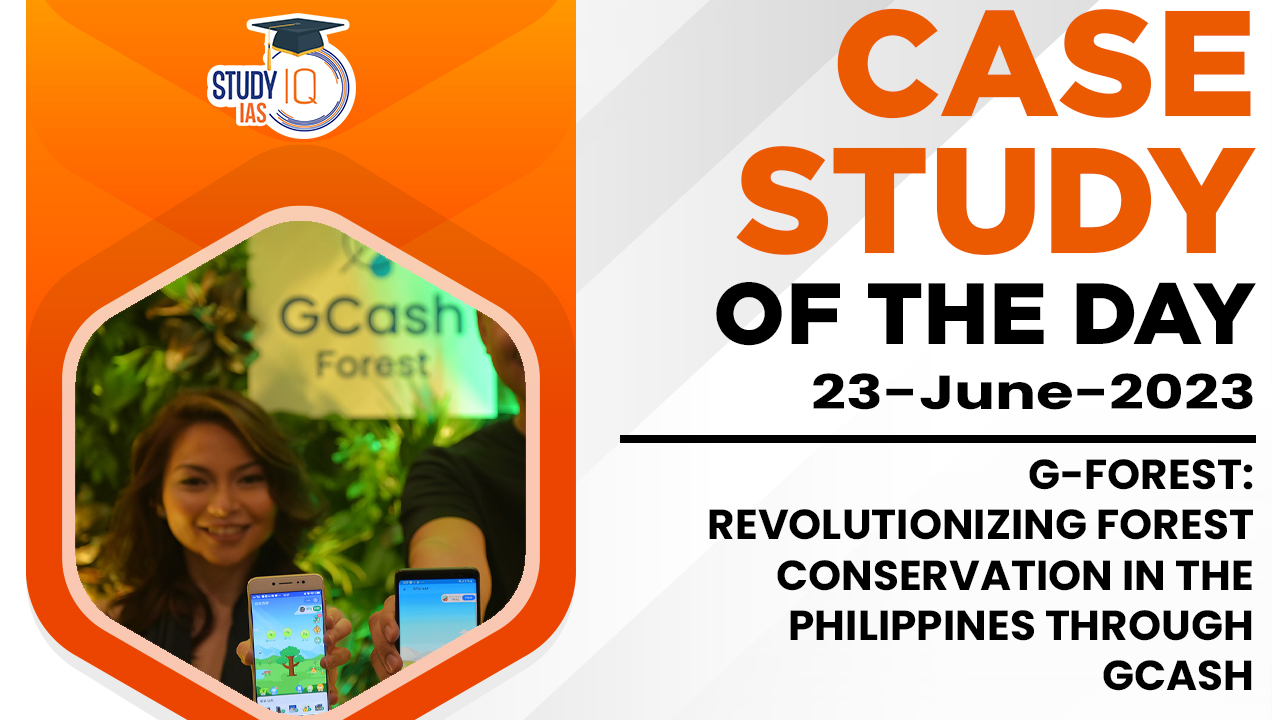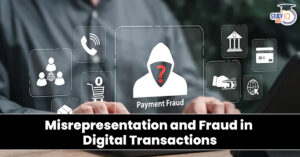Table of Contents
Introduction
The preservation of forests is a critical environmental concern globally, and the Philippines is no exception. In recent years, deforestation has posed a significant threat to the country’s biodiversity and ecosystems. Recognizing the urgency of addressing this issue, the digital financial service provider, GCash, launched the G-Forest initiative. This case study explores how GCash leveraged its platform and partnered with various stakeholders to promote sustainable forest management, reforestation, and community empowerment in the Philippines.
Background
GCash is a popular mobile wallet and payment platform in the Philippines, with millions of users relying on it for financial transactions and digital services. As part of its corporate social responsibility efforts, GCash recognized the need to contribute to environmental conservation and sought to leverage its extensive user base and technology to make a tangible difference in the country.
Objectives
The primary objectives of the G-Forest initiative were as follows:
- Reforestation: To support reforestation efforts in the Philippines by planting trees in deforested areas.
- Sustainable forest management: To raise awareness about sustainable forest management practices and encourage responsible behavior among users.
- Community empowerment: To involve local communities in reforestation efforts and provide them with economic opportunities through the initiative.
Strategy and Implementation
- Tree-Planting Program: GCash partnered with environmental organizations, local governments, and NGOs to launch a large-scale tree-planting program. Through the GCash app, users could donate funds for tree seedlings. GCash collaborated with local nurseries to grow indigenous tree species suitable for reforestation. The donated funds were used to purchase and plant these seedlings in deforested areas across the country.
- Digital Awareness Campaign: GCash utilized its platform and social media channels to raise awareness about the importance of forest conservation and sustainable practices. They collaborated with environmental influencers and experts to create engaging content, including infographics, videos, and blog posts. The campaign emphasized the role of individual actions and educated users on sustainable lifestyle choices.
- Incentives and Rewards: To encourage participation and engagement, GCash introduced a reward system for users who donated towards the tree-planting program. Users received digital badges and rewards, such as cashback incentives or discounts on selected partner merchants. This gamification approach aimed to motivate users and create a sense of community around the cause.
- Community Engagement: GCash partnered with local communities residing near the reforestation sites to involve them in the project. They provided training and employment opportunities for community members, allowing them to participate in tree-planting activities and subsequent maintenance tasks. This approach not only empowered local communities but also fostered a sense of ownership and long-term commitment to forest conservation.
Impact and Results
- Reforestation Accomplishments: Through the G-Forest initiative, GCash successfully planted over one million trees across deforested areas in the Philippines. This significant reforestation effort contributed to the restoration of vital habitats, erosion prevention, and carbon sequestration.
- Awareness and Engagement: The digital awareness campaign reached millions of GCash users and social media followers, effectively raising awareness about the importance of forest conservation. The campaign also inspired individuals to adopt more sustainable practices, such as reducing paper usage and supporting eco-friendly products.
- Community Empowerment: The involvement of local communities in the tree-planting activities and subsequent maintenance tasks created job opportunities and additional income sources. This economic empowerment enhanced the livelihoods of community members and strengthened their commitment to protecting the reforested areas.
Lessons Learned
- Leveraging technology and partnerships: GCash’s use of its mobile platform and partnerships with environmental organizations, local governments, and NGOs proved crucial in implementing a large-scale initiative like G-Forest. Such collaborations enable the pooling of resources, knowledge sharing, and effective implementation.
- Gamification for engagement: The introduction of incentives, rewards, and a digital badge system effectively engaged users and created a sense of community around the cause. Gamification elements can play a significant role in motivating individuals to participate and stay committed to environmental initiatives.
- Long-term monitoring and evaluation: Continuous monitoring and evaluation are essential to assess the long-term impact of reforestation efforts and ensure the survival and growth of the planted trees. GCash recognized the importance of ongoing monitoring and committed to periodic assessments in partnership with relevant stakeholders.
Conclusion
The G-Forest initiative by GCash exemplifies the potential of corporate social responsibility and digital technology in addressing pressing environmental challenges. By leveraging its mobile platform and partnerships, GCash successfully promoted reforestation, sustainable forest management, and community empowerment in the Philippines. The initiative’s impact highlights the importance of collaborative efforts in achieving large-scale positive change for the environment and communities.


 Personality Rights in India: Expanding P...
Personality Rights in India: Expanding P...
 Judicial Recognition of Child Traffickin...
Judicial Recognition of Child Traffickin...
 Misrepresentation and Fraud in Digital T...
Misrepresentation and Fraud in Digital T...

























